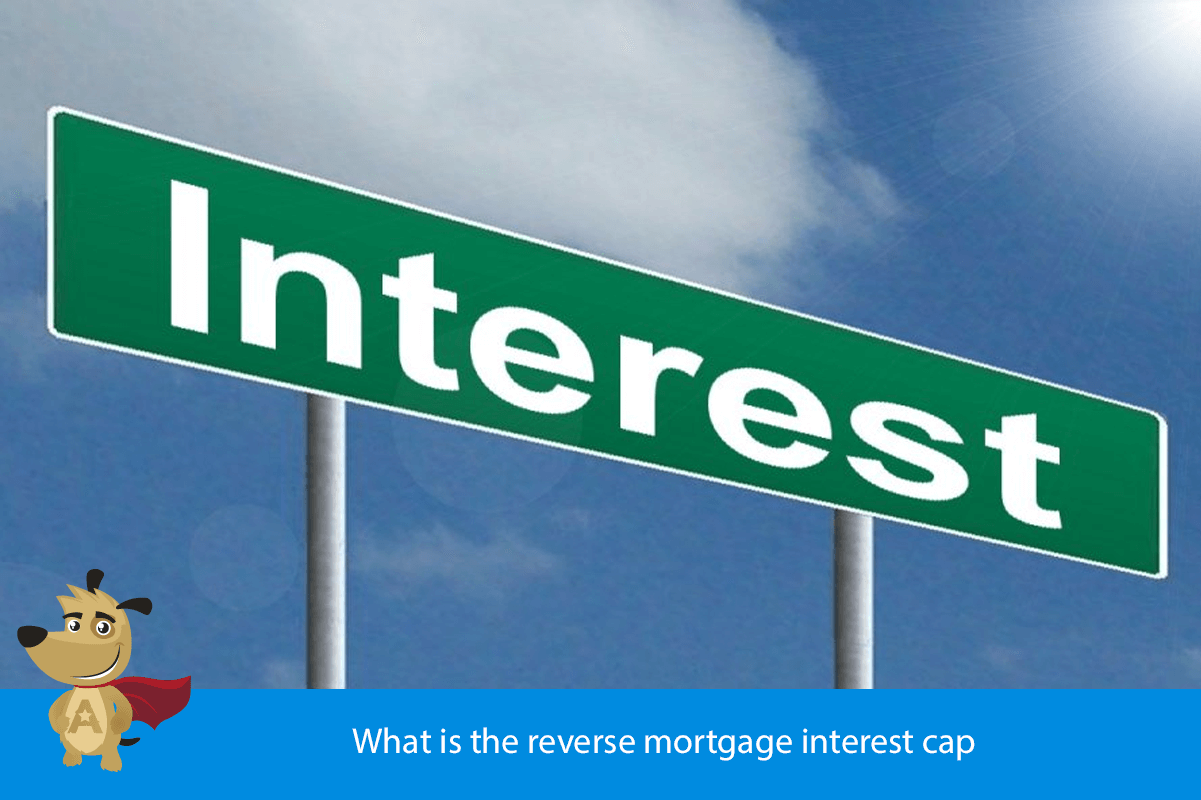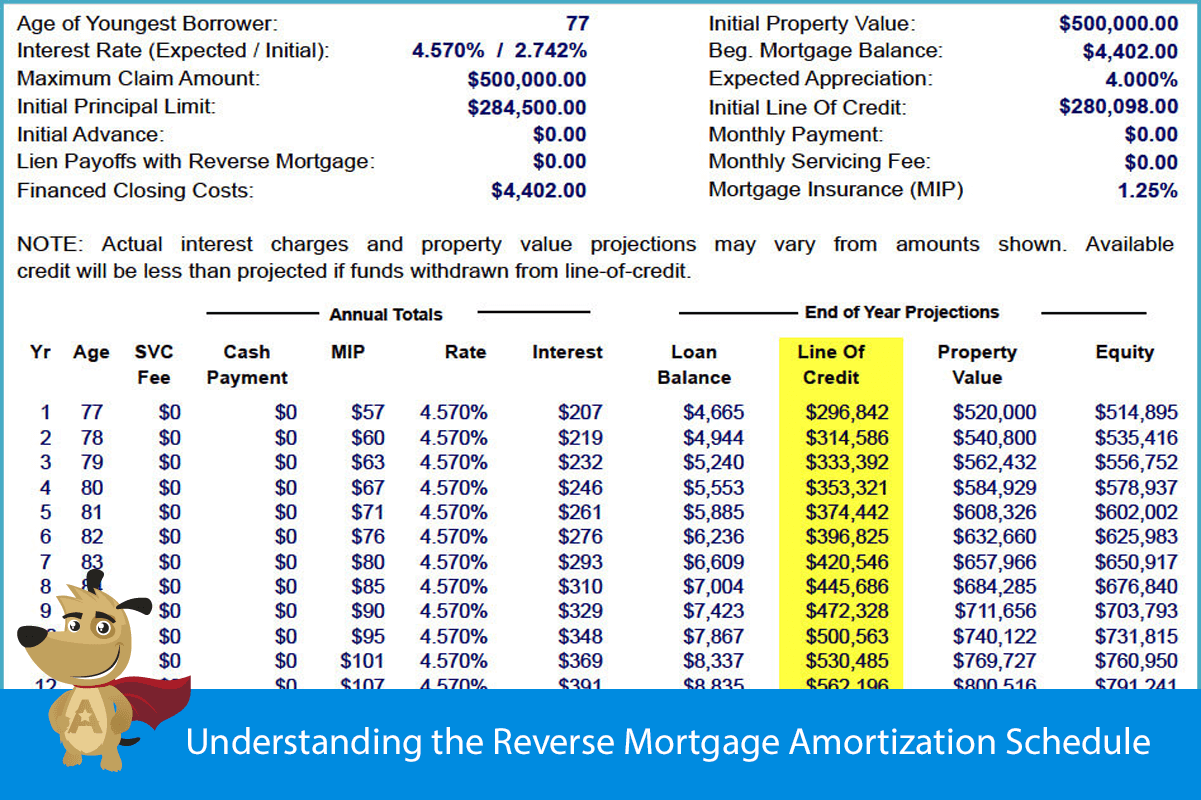All about Reverse Mortage Tips
The general effect is that the equity in your house rapidly erodes as the interest installs up, but it does supply a step of financial security when you need it most. There are a number of conditions connected to this type of financing-- the value of your home and just how much equity you have, along with an age limitation-- so it's finest to consult from your mortgage advisor before proceeding with a reverse mortgage.

Disadvantages • Reverse mortgages can be costly-- the rate of interest charged on a reverse home mortgage is generally greater than a basic mortgage as are the set up fees you're required to pay. • Because you're not settling your loan, here interest is added and it's rather most likely the quantity you borrow might double within ten years with the added interest.
It's important you seek legal and monetary guidance before getting a reverse mortgage. Speak to one of our advisers to find out if a reverse home mortgage could work for you. For more tips and guidance around handling your money, combining your debts, or making an application for finance, follow Home mortgage Express on https://en.search.wordpress.com/?src=organic&q=reverse mortgages Twitter, or contact one of our home mortgage consultants.
The 7-Second Trick For Residential Mortages
This publication does not make up personalised monetary recommendations. It may not relate to specific circumstances. Nothing in this publication is, or ought to be taken as, a deal, invitation, or suggestion to buy, offer, or retain any investment in or make any deposit with anyone. You ought to look for expert suggestions prior to taking any action in relation http://edition.cnn.com/search/?text=reverse mortgages to the matters dealt within this publication.
A "reverse home loan" allows individuals who are 62 and older to bring into play their house equity to get a swelling amount of cash, a line of credit, or regular monthly income (or a mix of a line of credit and regular monthly payments). However is securing a reverse home mortgage a good concept? Before getting a reverse home mortgage, you ought to comprehend how they work and discover the dangers associated with them.
Keep reading to get the rundown on reverse home loans including what they are, just how much cash you can get, along with the benefits https://www.washingtonpost.com/newssearch/?query=reverse mortgages and considerable disadvantages. When you discover more about this sort of loan, you may reconsider getting one. The most common kind of reverse home mortgage is called a Home Equity Conversion Home Mortgage (HECM).
The Of Mortgages
Department of Housing and Urban Advancement (HUD). Mortgage business sometimes use this fact as a selling point, but this insurance protects the loan provider-- not the customer. The insurance comes into play if the loan is accelerated (called due) for one of the factors noted below and your home isn't worth enough to repay the lender completely through a foreclosure sale or other type of liquidation procedure.
In a routine "forward" home mortgage, the debtor gets a swelling sum of money from the loan provider, and then makes month-to-month payments towards repaying the cash, consisting of interest. With a reverse home mortgage, rather than getting a swelling amount that has to be progressively paid back, the house owner usually receives routine payments from the loan provider, which end up being the loan.


You can likewise get a mix of regular monthly installations and a line of credit. A lending institution can call the loan due if: The house is no longer the customer's principal home. The borrower may still own the residential or commercial property, however live elsewhere many of the time. So, if you move out and let your kids live in the house, or lease the home out, the loan provider can call the loan due.
Some Of Mortgages
If your health declines and you have to move into a care center, like a retirement home, the lending institution can call the loan due after you have actually run out the home for more than 12 months. The debtor offers the home or transfers title (ownership) to somebody else. If all a debtor sells or transfers title to the residential or commercial property (or transfers his or her beneficial interest in a trust owning all or part of the home) and no other debtor maintains title to the home or retains a leasehold that fulfills particular conditions, the lender might call the loan due.
A nonborrowing spouse might be able to remain in the home if particular eligibility requirements are met. The borrower breaches the loan arrangement, like by not paying the real estate tax, not having property owners' insurance coverage on the residential or commercial property, or not keeping the home in an affordable condition. If you don't pay the real estate tax or homeowners' insurance coverage (presuming you don't have a .
Normally, if the lender calls the loan due, the borrower-- or successors if the borrower has passed away-- must: pay back the loan (or pay 95% of the current assessed value of the home to the lending institution, whichever is less) complete a deed in lieu of foreclosure, or offer the property (for the lower of the loan balance or 95% of the evaluated worth).
The Best Strategy To Use For Residential Mortages
Otherwise, the loan provider will foreclose. Reverse mortgages are generally available to any homeowner over the age of 62 who has considerable equity in the house. Reverse home mortgages don't require a credit or income test. However they do need financial counseling from a HUD-approved HECM counselor, which is some indicator of how complicated they are.
(To get more information about the constraints and requirements the federal government has placed on HECMs, see Reverse Home Mortgages: Constraints and Requirements.) The amount you can borrow is based upon your home's value, present rates of interest, and your age. Likewise, there are limits to just https://www.consumerfinance.gov/ask-cfpb/are-there-different-types-of-reverse-mortgages-en-226/ how much of your home's worth you can draw out.
Likewise, a customer may get just 60% of the loan at closing or in the first year, based on a few exceptions. Reverse home loans are sometimes rewarding for someone who does not have much cash, is facing expenses, and has an important home. Also, HECMs are nonrecourse, which suggests the lender can't come after you or your estate for a shortage judgment after a foreclosure.
The Facts About Reverse Mortage Tips Uncovered
Reverse mortgages have significant drawbacks: As kept in mind earlier, the lender may call the loan due in any of the above-described circumstances. Reverse home loans are costly due to closing expenses, interest, servicing fees, mortgage insurance coverage, and other charges. A reverse home loan could affect your eligibility for Medicaid. By securing a reverse home mortgage, you invest down the equity in the property, which suggests you will not have the ability to access it later to cover expenses for things like long-lasting health care costs, to fund a relocation, or leave to your beneficiaries.
To find out more, see If I get a reverse home loan, can I leave my home to my heirs?) Before you tap into the equity in your home by getting a reverse home loan, be sure to check out all of the other alternatives readily available to you. You might, for instance, get approved for a state or regional program to reduce your bills or you might think about scaling down to a more economical home.